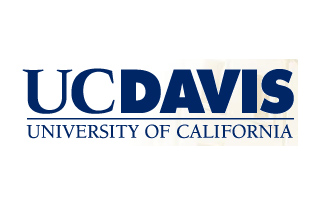
Generally normal insulin is believed to make fat and muscle cells take up sugar from the blood. Type 2 diabetes patients probably produce adequate insulin, yet their cells fail to respond accurately. Akt is seemingly involved in the series of steps between insulin exposure and sugar uptake. The protein may make proteins that take sugar from the blood to travel towards the cell surface. Tested mice that lack Akt presumably developed diabetes-like symptoms. Other than its role in diabetes, Akt also seems to regulate cell growth in early embryos and can enhance the growth of cancer cells.
It is assumed that the complex is very much alike organisms ranging from humans to yeast. While examining yeast, it appeared that the protein Ryh1 once bound to another molecule known as guanosine triphosphate is required to activate TORC 2. Yeast strains probably have a defective form of Ryh1 that are more sensitive to temperature or other stressful conditions. Similar to Rab6, the human Rab6 may replace yeast Ryh1 as an activator of TORC 2 in defective yeast strains. Kazuo Shiozaki, professor of microbiology in the College of Biological Sciences at UC Davis and senior author and colleagues believe that Rab6 plays a dual role in insulin signaling.
The research was published online in the journal Current Biology.
